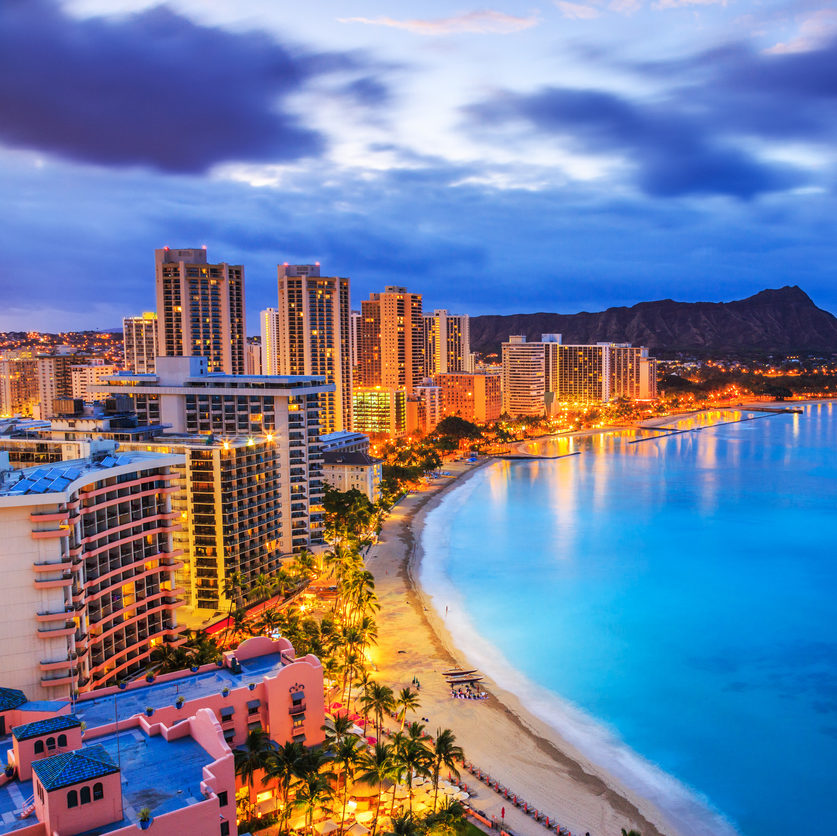Picture Aspen. What do you see? Most likely snow-capped mountains, fir trees and a gaggle of people dressed in snow gear clumsily (or gracefully) carrying skis and snowboards. Now picture San Francisco. You are probably imaging the Golden Gate Bridge shimmering in the sunlight and cable cars making their way up impossibly steep hills.
These picturesque images you have in your mind are accurate—so long as you visit at the right time of year. You are imagining these locations during their high season. Planning an event during a destination’s high season is exciting but it also has its challenges. Demand for accommodations can be high which increases room rates and competition for availability.
Taking advantage of a destination’s low season can be a great option for when you want to host your event in a popular city but don’t want to compete with other groups for the best rates and availability. If you are considering planning your next program in an off-season, take a peek below. We have highlighted a few of the pros and cons that go along with off-season planning.
Pro: Get More for Less
With fewer groups vying for the same dates, hotels are more anxious to get your business. They will offer reduced room rates, comped meeting space rentals and added concessions. You can use these savings to create something really special for your event like adding a spa treatment or room upgrades for your VIPs.
Pro: Own the Space
Planning in a destination’s low season can increase your chances of being the only group in your hotel. You can get the benefits of a buyout without the typical buyout price tag. This will make your attendees feel extra special and give your event a feeling of exclusivity.
Con: Consider the Weather
There is a reason they call it a low season. When off-season planning, it is important to consider all factors including weather. For example, if you are planning a New Orleans program in the summer, you may get great rates but the weather will be hot and humid.
Con: Remember Year-Round High Seasons
Some destinations are so popular they don’t have low seasons. Or if they do have a low season, demand is still so high that rates are not reduced by much. You will see this in cities like Las Vegas, Los Angeles and NYC.
Tip: Find Hidden Gems
Some destinations are known for one season but also offer great options in their off-seasons. With a little bit of research, you can come up with some great options. Take a mountain region like Park City or Lake Tahoe, for example. While they are known for snow sports, they also offer a plethora of fair weather activities from hiking and fishing to kayaking and paddle boarding.




